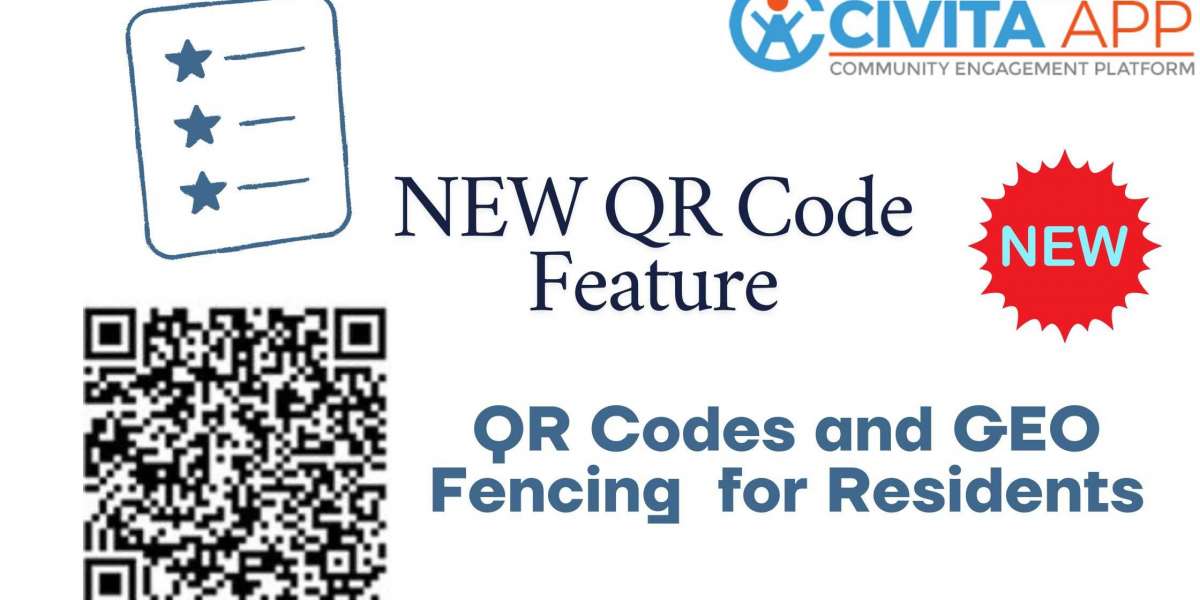Python is one of the most popular programming languages in the world today. It is an easy-to-learn language, making it an excellent choice for beginners who want to start their careers in the field of software development. Python has a wide range of applications, from web development and scientific computing to data analysis and machine learning. If you're interested in becoming a Python developer, this article will guide you through the steps you need to take to become a proficient Python developer.
Introduction
Python is a general-purpose programming language that has become increasingly popular in recent years due to its versatility and ease of use. It is an interpreted language, which means that the code can be executed without the need for a compiler. Python is an excellent language for beginners because it is easy to learn and has a relatively simple syntax.
Why Choose Python for Development?
Python is a great language to learn if you're interested in software development. Here are some of the reasons why Python is a popular choice for developers:
- Easy to learn and use.
- Versatile and can be used for a wide range of applications.
- Large and supportive community
- Powerful and flexible libraries and frameworks
- High demand for Python developers in the job market
Prerequisites for Learning Python
Before you start learning Python, it's important to have a basic understanding of programming concepts such as variables, data types, loops, and conditional statements. You should also have a basic understanding of algorithms and data structures.
Learning the Fundamentals of Python
The first step in learning Python is to understand the fundamentals of the language. You should start by learning the syntax and basic programming concepts such as variables, data types, loops, and conditional statements. There are many resources available online to help you learn Python, including tutorials, video courses, and online forums.
Advanced Python Programming Concepts
Once you have a solid understanding of the fundamentals of Python, you can move on to more advanced programming concepts. This includes topics such as object-oriented programming, functional programming, and multithreading. You should also learn about Python libraries and frameworks, such as NumPy, Pandas, and Django.
Python Libraries and Frameworks
Python has a wide range of libraries and frameworks that can be used to develop applications. Some popular libraries for data analysis and scientific computing include NumPy and SciPy. For web development, you can use frameworks like Flask and Django. For machine learning, you can use libraries like TensorFlow and PyTorch.
Developing Applications with Python
Once you have a solid understanding of Python and its libraries and frameworks, you can start developing applications. This could include developing web applications, desktop applications, or even mobile applications using frameworks like Kivy or BeeWare.
Debugging and Testing Python Code
Debugging and testing are essential skills for any developer. In Python, you can use tools like PDB and PyCharm for debugging and testing your code. It's also important to learn about unit testing and integration testing.
Building a Python Portfolio
Building a portfolio is a great way to showcase your skills and experience as a Python developer. You can start by building small projects and contributing to open-source projects. You can also showcase your work on platforms like GitHub and Stack Overflow.
Networking and Community Involvement
Networking and community involvement are crucial for any developer. Joining online forums and communities can help you learn more about Python and connect with other developers. Attending conferences and meetups is also a great way to network with other developers and learn about new trends in the field.
Getting Hired as a Python Developer
Once you have the necessary skills and experience, it's time to start applying for jobs. You can search for job openings on job boards and social media platforms, or you can consider reaching out to a Python Development Company like ours for potential job opportunities. You can also network with other developers and attend job fairs and recruitment events to increase your chances of finding the right job.
Conclusion
Becoming a Python developer requires dedication and hard work, but it is a rewarding career choice. By following the steps outlined in this guide, you can become a proficient Python developer and build a successful career in the field of software development.







